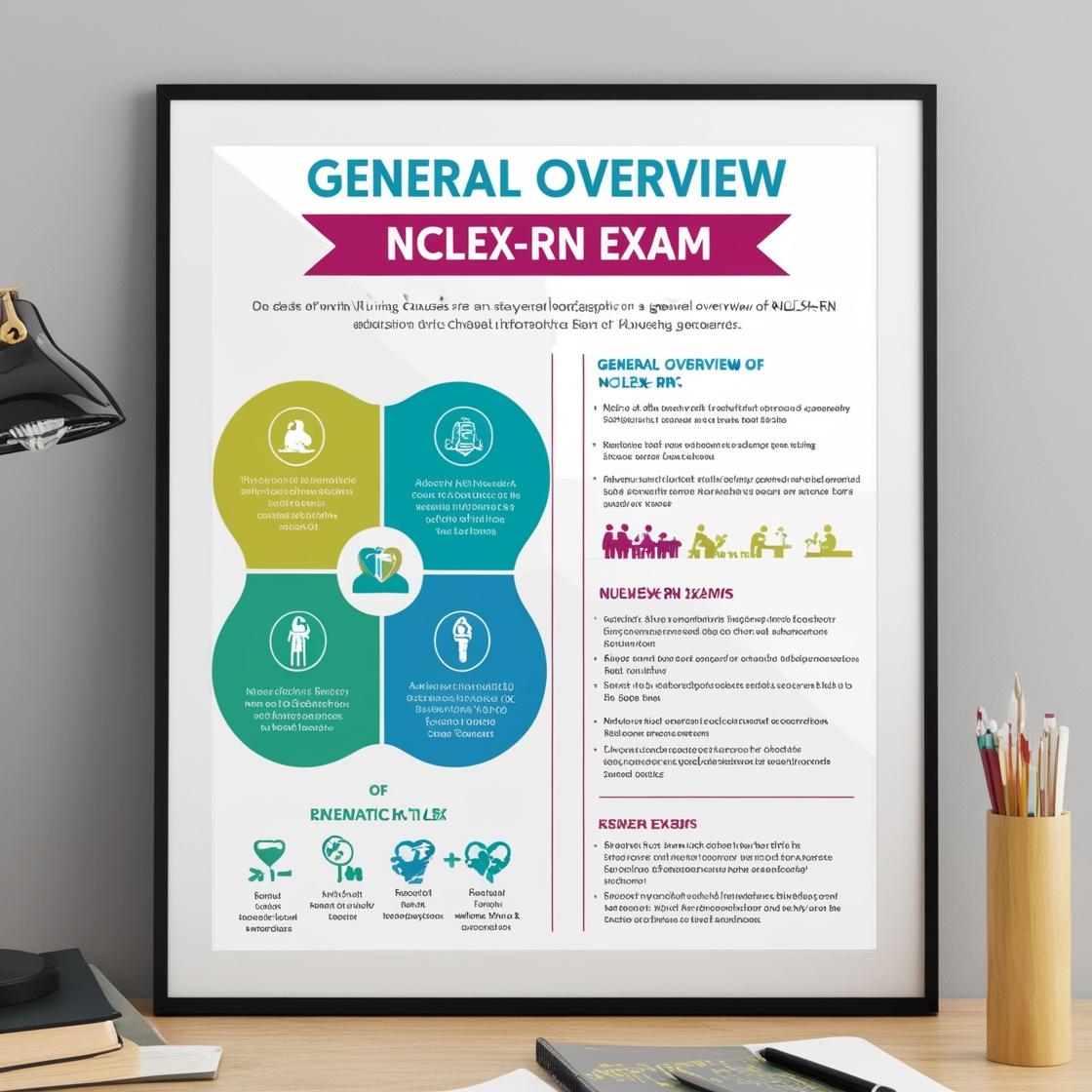NCLEX-RN
NCLEX RN Practice Questions Quizlet
1. A patient's chart indicates a history of ketoacidosis. Which of the following would you not expect to see with this patient if this condition were acute?
- A. Vomiting
- B. Extreme Thirst
- C. Weight gain
- D. Acetone breath smell
Correct answer: C
Rationale: In acute ketoacidosis, a patient typically experiences rapid weight loss due to the body burning fat and muscle for energy in the absence of sufficient insulin. Therefore, weight gain would not be expected. Vomiting may occur due to the metabolic disturbances associated with ketoacidosis. Extreme thirst is a common symptom as the body tries to compensate for dehydration. Acetone breath smell is a classic sign of ketoacidosis as acetone is one of the ketones produced during this condition.
2. An 85-year-old client is diagnosed with hypernatremia due to lack of fluid intake and dehydration. The nurse knows that symptoms of hypernatremia include:
- A. Lack of thirst
- B. Pale skin
- C. Hypertension
- D. Swollen tongue
Correct answer: D
Rationale: Hypernatremia among elderly clients can result from dehydration and insufficient fluid intake, leading to sodium levels above 145 mEq/L. Common symptoms of hypernatremia include mental status changes, a thick or swollen tongue, excessive thirst, and flushed skin. Choice A, 'Lack of thirst,' is incorrect as hypernatremia typically presents with excessive thirst. Choice B, 'Pale skin,' is not a typical symptom of hypernatremia. Choice C, 'Hypertension,' is not a direct symptom of hypernatremia and is more commonly associated with other conditions like hypertension itself.
3. A client is brought into the emergency room where the physician suspects that he has cardiac tamponade. Based on this diagnosis, the nurse would expect to see which of the following signs or symptoms in this client?
- A. Fever, fatigue, malaise
- B. Hypotension and distended neck veins
- C. Cough and hemoptysis
- D. Numbness and tingling in the extremities
Correct answer: B
Rationale: Cardiac tamponade occurs when fluid or blood accumulates in the pericardium, preventing the heart from contracting properly. This leads to decreased cardiac output and is considered a medical emergency. Classic signs of cardiac tamponade include hypotension (low blood pressure) and distended neck veins due to the increased pressure around the heart. These signs result from the compromised ability of the heart to pump effectively. Choices A, C, and D are not typically associated with cardiac tamponade. Fever, fatigue, and malaise are non-specific symptoms that can be seen in various conditions. Cough and hemoptysis are more commonly associated with respiratory conditions, while numbness and tingling in the extremities are neurological symptoms not typically seen in cardiac tamponade.
4. When taking a patient’s history, she mentions being depressed and dealing with an anxiety disorder. Which of the following medications would the patient most likely be taking?
- A. Amitriptyline (Elavil)
- B. Calcitonin
- C. Pergolide mesylate (Permax)
- D. Verapamil (Calan)
Correct answer: A
Rationale: The correct answer is Amitriptyline (Elavil) as it is a tricyclic antidepressant commonly used to treat symptoms of depression and anxiety disorders. Amitriptyline works by increasing the levels of certain neurotransmitters in the brain to improve mood. Choices B, C, and D are incorrect. Calcitonin is a hormone used in the treatment of osteoporosis; Pergolide mesylate is a dopamine agonist used in Parkinson's disease; Verapamil is a calcium channel blocker used to treat high blood pressure and certain heart conditions, not mental health disorders.
5. After assessing Mr. B, what is the initial action of the nurse?
- A. Immediately place the client in a negative-pressure room
- B. Set the client up to receive a bronchoscopy
- C. Contact the physician for antifungal medications
- D. Administer oxygen and assist the client to sit in the semi-Fowler's position
Correct answer: A
Rationale: The first action the nurse should take after assessing Mr. B is to administer oxygen and assist him to sit in the semi-Fowler's position. Administering oxygen helps improve tissue oxygenation, while sitting up in a semi-Fowler's position aids in better breathing and secretion clearance. Placing the client in a negative-pressure room is not the immediate priority unless isolation is needed. Performing a bronchoscopy or contacting the physician for antifungal medications is not the initial step in managing a client with suspected pneumonia.
Similar Questions

Access More Features
NCLEX RN Basic
$69.99/ 30 days
- 5,000 Questions with answers
- Comprehensive NCLEX coverage
- 30 days access @ $69.99
NCLEX RN Premium
$149.99/ 90 days
- 5,000 Questions with answers
- Comprehensive NCLEX coverage
- 30 days access @ $149.99
